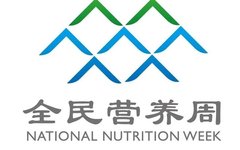

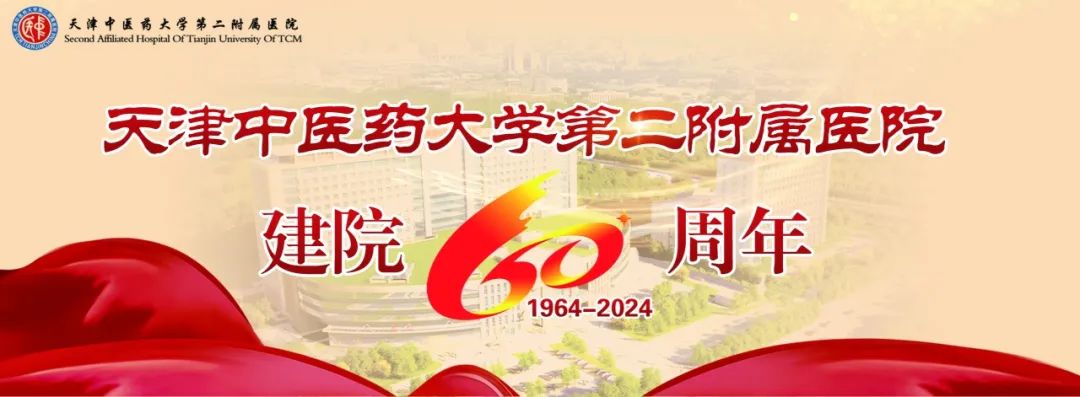


Principles of Application for Traditional Chinese Medicinal Cuisine
——Nutrition Department for Your Knowledge

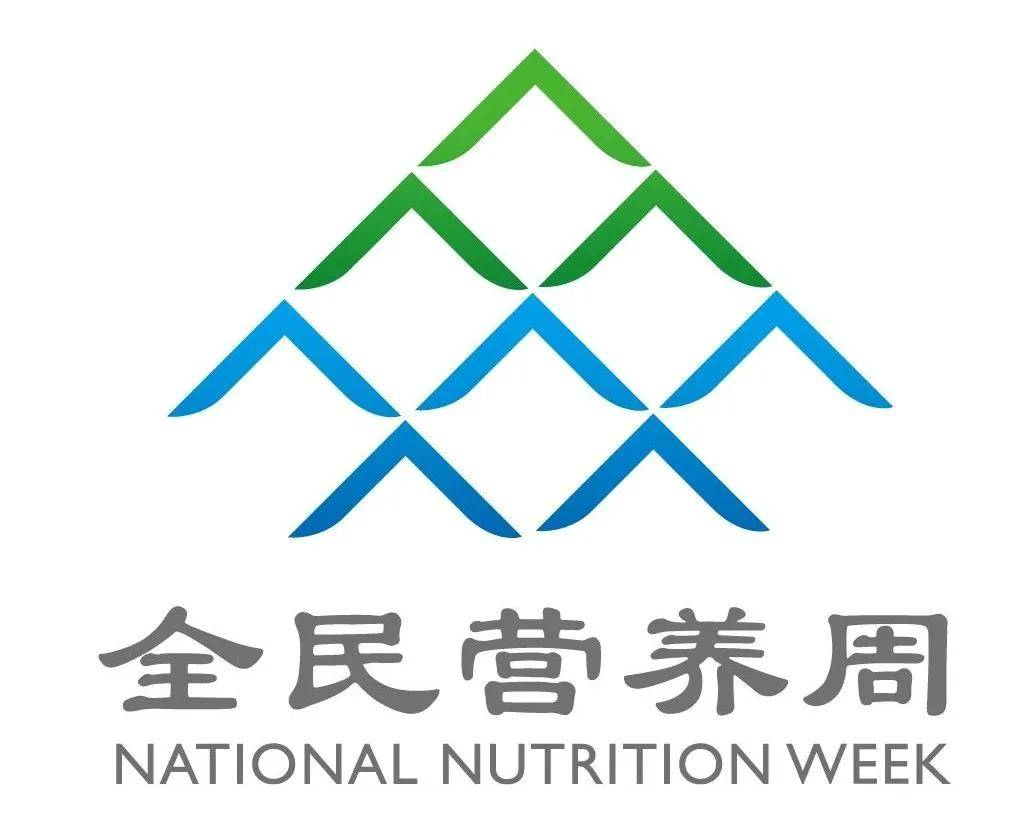
Chinese medicinal cuisine is a special dietary practice that has health-preserving, disease-preventing, and therapeutic effects. Guided by traditional Chinese medicine (TCM) theories, it combines various medicinal herbs and foods in a rational formulation, utilizing both traditional and modern scientific techniques to create unique dishes with distinct colors, aromas, flavors, shapes, and effects. These dishes not only satisfy hunger and the pursuit of delicious food but also help maintain health, regulate physiological functions, enhance physical quality, prevent diseases, assist in disease treatment, and promote recovery.Medicinal cuisine contains components of traditional Chinese medicine, possessing the properties and effects of medicinal substances. Generally, it must have specific indications for use, which is consistent with medicinal treatment. Unlike ordinary meals, the application of medicinal cuisine must adhere to certain principles and should not be misused.

1. Principle of Balancing Yin and Yang
Yin and Yang is the foundational theory that summarizes human physiology and pathology, representing opposing yet unified factors. In a normal state, Yin and Yang are balanced; once there is an excess or deficiency, it leads to an imbalance, resulting in pathological conditions manifesting as various symptoms. The approach to treatment must follow the principle stated in the “Neijing” (Inner Canon): “Carefully observe the location of Yin and Yang and adjust accordingly, aiming for balance.” This means to clearly assess the deficiency or excess of Yin and Yang and appropriately apply medicinal foods to restore balance. The specific principles are: “Reduce what is excessive,” such as in cases of excess Yin with cold symptoms, where Yang must be supplemented and Yin reduced; in cases of excess Yang with heat symptoms, heat must be cleared and Yin nourished; “Supplement what is deficient,” such as in Yin deficiency causing internal heat, where Yin must be supplemented to eliminate false heat; or Yang deficiency causing external cold, where Yang Qi must be warmed and supplemented to dispel internal and external cold.

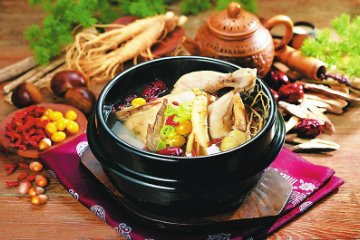



2. Principle of Regulating the Organs
Each organ in the human body represents a functional system, and various clinical conditions are primarily due to dysfunction of these organs, manifesting as either deficiency or excess, or a combination of both. The treatment of organ function involves eliminating pathological states and restoring physiological functions. This regulation may involve either supplementing or draining a specific organ or regulating multiple related organs. Medicinal cuisine is based on TCM dialectical treatment theories, adjusting organ functions to restore normal physiological functions. Common methods include using organ supplements, such as using lamb liver or chicken liver for night blindness due to liver disease; using Eucommia bark (Du Zhong) for kidney deficiency and lower back pain; or steaming pig heart with cinnabar for heart disease, which are common clinical methods for regulating organ function.

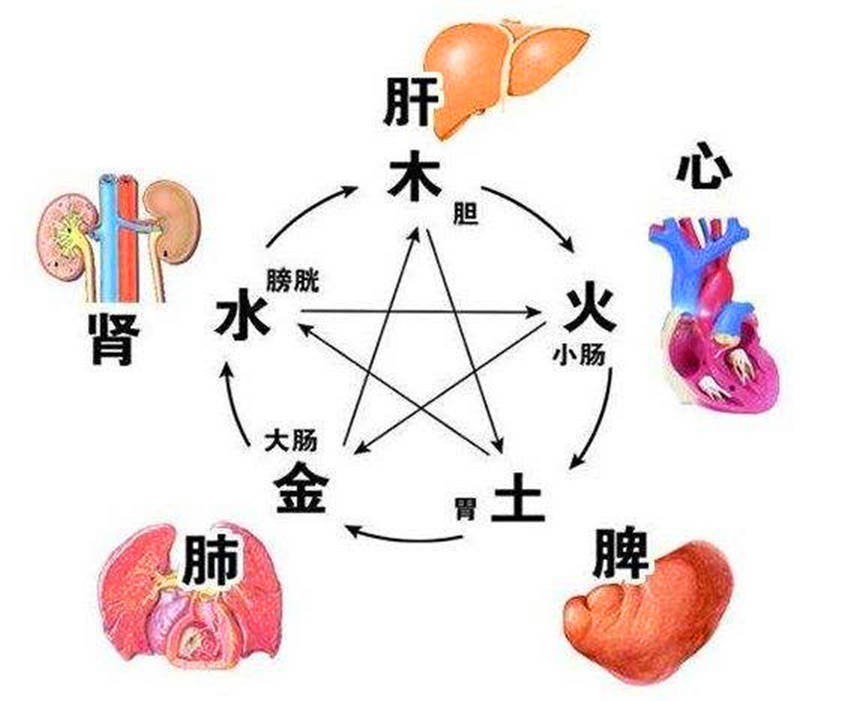
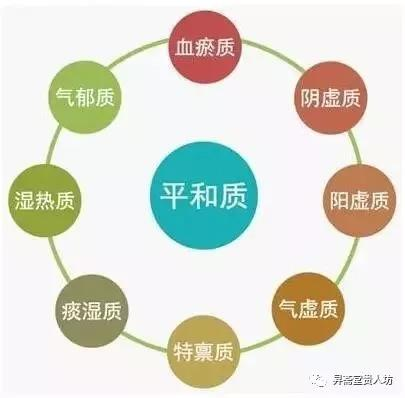


3. Principle of Supporting the Right and Eliminating the Evil
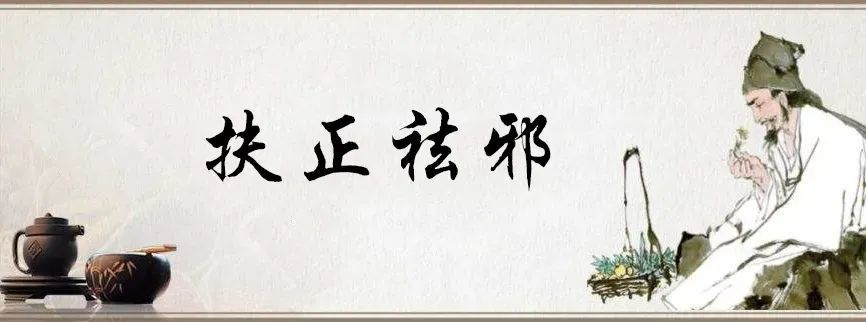 Traditional Chinese medicine believes that diseases occur due to the invasion of pathogenic factors, which constrain or damage the righteous Qi, disrupting the balance of the organs, Qi, blood, Yin, and Yang. The goal of treatment is to eliminate pathogenic Qi and support the righteous Qi, achieving a state where the righteous overcomes the evil, thus restoring health. The saying goes, “When the righteous Qi is preserved, the evil cannot invade,” and “Where the evil gathers, its Qi must be deficient.” The principle of applying medicinal cuisine is that when pathogenic Qi is strong, it must be eliminated first to restore the righteous; when the righteous Qi is deficient, the focus should be on supporting the righteous to restore it, allowing the evil to dissipate on its own.
Traditional Chinese medicine believes that diseases occur due to the invasion of pathogenic factors, which constrain or damage the righteous Qi, disrupting the balance of the organs, Qi, blood, Yin, and Yang. The goal of treatment is to eliminate pathogenic Qi and support the righteous Qi, achieving a state where the righteous overcomes the evil, thus restoring health. The saying goes, “When the righteous Qi is preserved, the evil cannot invade,” and “Where the evil gathers, its Qi must be deficient.” The principle of applying medicinal cuisine is that when pathogenic Qi is strong, it must be eliminated first to restore the righteous; when the righteous Qi is deficient, the focus should be on supporting the righteous to restore it, allowing the evil to dissipate on its own.

4. Principle of Adjusting According to the “Three Factors”
The “Three Factors” principle refers to adjusting according to “people, time, and place.” Individuals differ in gender, age, physical condition, and resistance to disease, as well as their recovery abilities post-illness; seasonal changes also affect the Yin, Yang, Qi, and blood of the body; geographical differences in environment (dry, humid, warm, cool) also impact the body. Therefore, it is essential to apply dialectical reasoning in dietary practices and formulate appropriate measures based on different situations to achieve optimal therapeutic effects.

5. Principle of Avoiding Taboo
 Taboos are issues that need attention when applying medicinal cuisine. First, there are compatibility taboos between different medicines and between medicines and foods; second, there are taboos under certain special conditions, such as during pregnancy, where one should avoid using strong, blood-breaking, or aggressive medicines; third, there are dietary taboos, such as when consuming medicinal cuisine for treating colds, one should avoid overly greasy foods to prevent stagnation of pathogenic factors. Many taboos are traditional sayings and may not have exact scientific basis, so they should be approached with a scientific mindset.
Taboos are issues that need attention when applying medicinal cuisine. First, there are compatibility taboos between different medicines and between medicines and foods; second, there are taboos under certain special conditions, such as during pregnancy, where one should avoid using strong, blood-breaking, or aggressive medicines; third, there are dietary taboos, such as when consuming medicinal cuisine for treating colds, one should avoid overly greasy foods to prevent stagnation of pathogenic factors. Many taboos are traditional sayings and may not have exact scientific basis, so they should be approached with a scientific mindset.
Text by/Nutrition Department
Proofread by/Sun Zhihui
Edited by/Wang Yujie
Chief Editor/Zhang Yizhu



Scan the QR code below to enter our hospital’s Internet hospital platform



